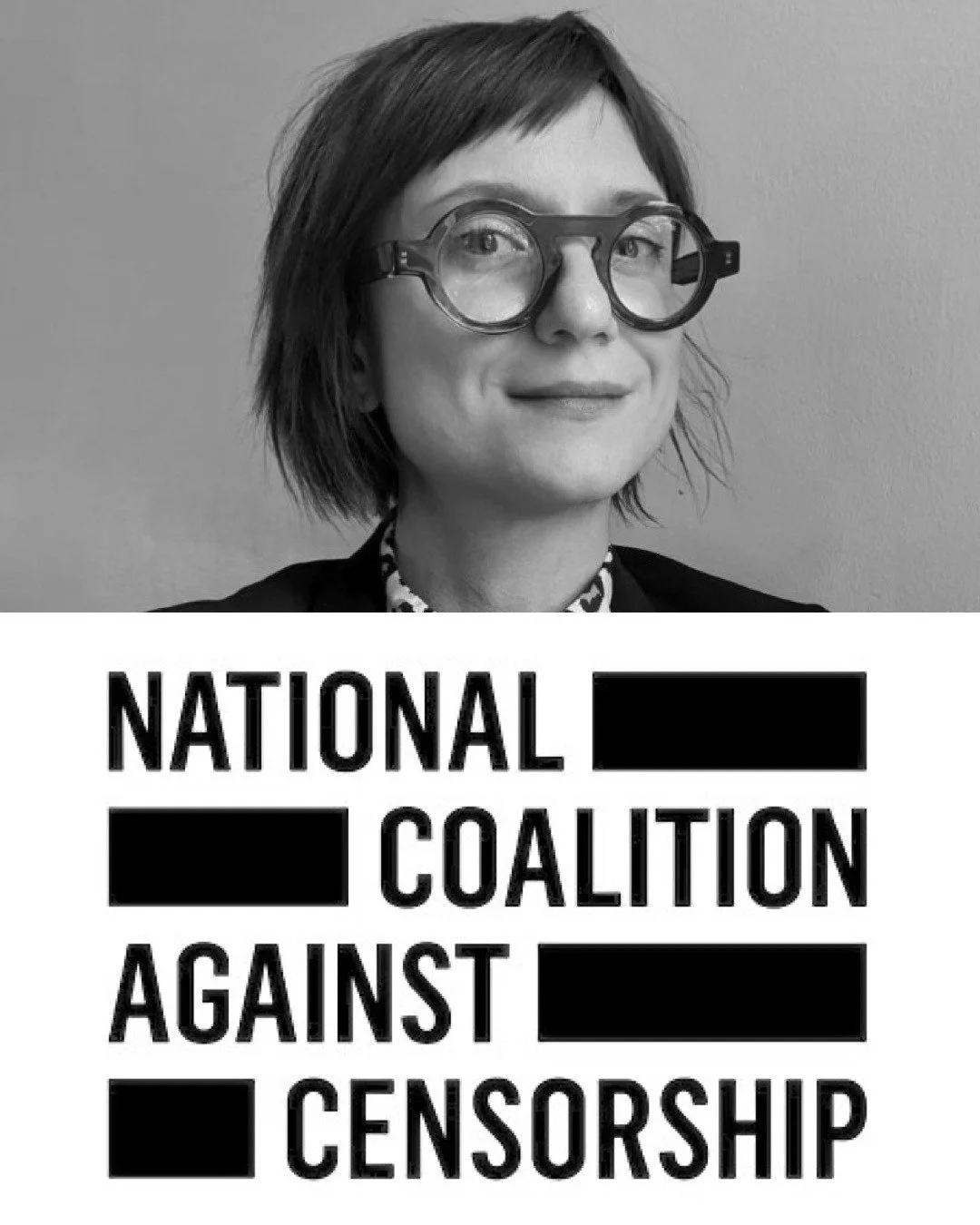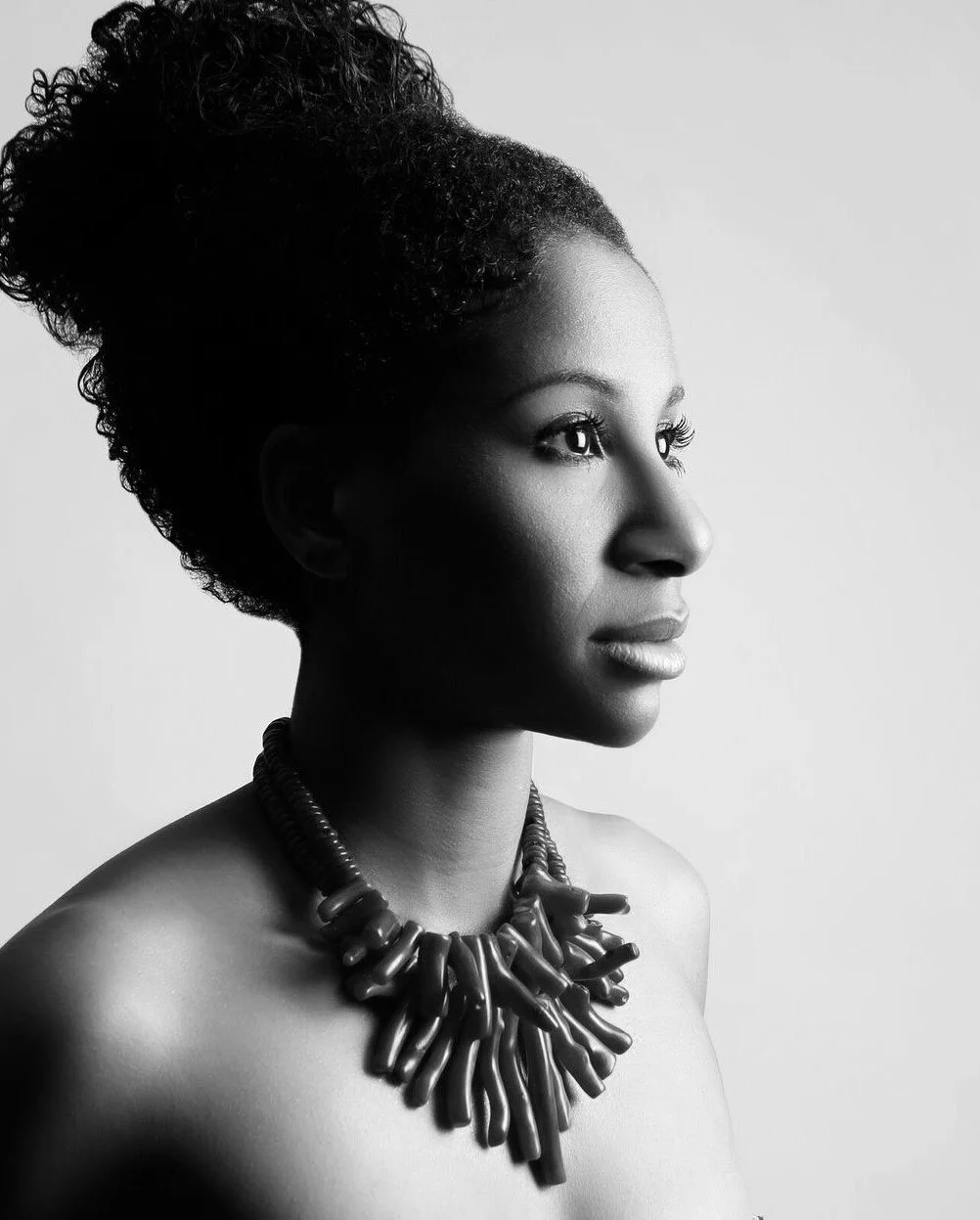The vital restlessness of MARGARET ROSS
Margaret Ross is the author of two books of poetry, A Timeshare (Omnidawn, 2015) and Saturday (The Song Cave, 2024). Her poems and translations have appeared in Granta, The Paris Review, Poetry, The Yale Review, and elsewhere.
The recipient of a Stegner Fellowship, a Fulbright grant, a Harper-Schmidt Fellowship, and a Henry Luce Foundation Chinese Poetry & Translation Fellowship, she is currently a visiting assistant professor of poetry at the Iowa Writers’ Workshop.
Interview by Isabelle Sakelaris
In “Macho,” the speaker recalls her partner’s anger, reflecting, “It had started with us laughing.” Later, she corrects, “it started from my only / feeling I was myself / when I resisted things. / I turned away. I felt” (5). Toward the end of the poem, the speaker confesses, “If you debased yourself before a man / debased you then you’d have / a little peace. It was a choice then. It was” (6).
How did you navigate writing through the entanglement between gender and agency? What do you think about the speaker finding herself in relation to what constrains her—to what she is not or does not want to be? And what about the partner, who may feel the need to act in accordance with a “macho” gender expression as the title suggests?
I was actually thinking most about the speaker’s own need to act macho—in my mind, the title refers to her as much as to the partner, though he’s in there too of course, and no doubt feels compelled to act in certain ways. The two of them are locked in this psychic duel, they’re opponents more than lovers really, but the poem is about her side of it.
I wanted to write from inside her self-delusion and destructive pride even while the poem sees those forces for what they are. The moments you quote narrate some of that pride’s logic: equating dignity with isolation; believing misogyny is somehow neutralized if a woman embraces it. I think of this poem as a bleak comedy.
Many of the poems in Saturday take up the concept of “appearing” or being perceived in a certain way. For example, the speaker in “Songs of Innocence and Experience” wears dark colors “to appear more credible” (7), and in “Theater,” the speaker describes, “The closer we were / the less I knew how to do. How to stand / believably in line ahead of him. Impossible” (68).
The notion of perception seems tied to the questions you raise about agency and gender. What power is there in perception? What can rejecting and/or accepting others’ expectations teach us about ourselves?
Perception makes up so much of what passes between people. How people read each other’s body language, energy, affect. And I think you’re right that perceptions are often projected expectations. The instincts we have around those expectations can teach us a lot about ourselves, whether or not, in the end, those are the expectations we accept. I admire people who do the opposite of that speaker and dress incredibly to teach.
Many of the poems in the book are sensitized to appearance because they’re about situations that induce a weirdly clarifying self-consciousness, in my experience at least. Performances of various kinds. Trying to act normal around someone you have a secret crush on, like in “Theater,” how that charged space estranges you from your default postures and gestures and makes social norms feel as odd and arbitrary as they actually are. Crushes are mystical in that way.
In “Songs of Innocence and Experience,” the speaker describes student writing as “constructing arguments from excerpts / of a story or a poem we call supporting / evidence, proof.” (7).
Is it fair to say this description of writing emphasizes the essay’s argument over the work of art itself? What kind of writing—essay or otherwise—expands on or brings new light to a story or poem, rather than using its parts to build a case or argument? Could you please share an example of a writer or a piece that you see as successful in that regard?
That is a fair reading, though the poem is talking about a very specific sort of essay, the traditional 5-paragraph essay which basically doesn’t exist outside of high school classrooms. Having to analyze literature in that formula can make poems seem like irritating codes to be cracked, which breeds resentment toward poetry and forecloses what could be a more vital encounter with a writer. Essays in that involuntary form are nothing like the essays people choose to write! Criticism is of course an art unto itself and the more organic, exploratory arguments that writers unfold there can and do illuminate the books they’re discussing in revelatory and expansive ways. A few incandescent examples that have changed my own work: Mary Gaitskill on Charles Dickens, Elif Batuman on Isaac Babel, Anahid Narsessian on John Keats.
Your poems are often longer than one page, and you use enjambment frequently—both to great effect. What about length and enjambment are most generative for your work? What advice do you have for writers looking to experiment with similar techniques?
That’s very generous, but I might just be long-winded…I didn’t set out to write long poems exactly, it was more that I was obsessed by some short stories I was reading and wanted to make a poem that could hold different scenes and enact the searching feeling of the stories I loved. That led to sprawl. I came to think of enjambment as a lyric undertow, a counterforce to narrative, pulling music from the story and working against the linear logic of the sentence.
My advice for figuring out the shape of any poem, in terms of both duration and line, would be to write by ear. I’ve always needed to say a poem out loud as I draft it. Doing that grinds the draft into my brain and then I can work on it while I’m driving or lying in bed in the dark (the two best writing spots in my opinion). Writing by ear like that helps me understand whether a turn or a break is viscerally correct, or where syntax might land. And I’ve found that when a line is too hard to remember it can mean it’s convoluted and should change or go.
There are many instances in Saturday where you offer an observation and then a corrected version of the observation. For example, in “Love,” you wrote, “Once you got past pleasure / there was pain. No / there was pleasure turning / into something pain was / part of” (74). In “Spring,” the speaker muses, “Nothing happened / or only very small things happened / that I could now call signs” (78).
In both cases, the speaker reflects on events that perhaps changed or revealed new meaning over time. Do you see art as a way to process meaningful events or to achieve catharsis? How do you use art—whether writing poetry, engaging with art created by others, or both—to those ends?
I see art as a way to practice and transmit vital restlessness. It’s what I read for, to be altered by someone else’s live mind and spirit, and it will never stop amazing me that this can happen even when that artist is dead. To me, restlessness seems more precious than catharsis because it’s propulsive. It’s not a closed loop of release/relief. That famous Brecht critique about catharsis makes sense to me.
Writing poetry forces me to confront my language and pushes me past what I thought I knew how to say by making me look for truer words over and over. That’s the driving pressure behind those moments you quote. I find that pressure’s relentlessness bracing because the kind of truth poems require isn’t just a matter of semantics, it’s somatic and sensory, a physical accuracy. To even get close to it, I have to think with everything—not just my head but my body and my soul.
Check out our other recent author interviews
Isabelle Sakelaris is an art writer and aspiring poet who lives and works in New York City.
Did you like what you read here? Please support our aim of providing diverse, independent, and in-depth coverage of arts, culture, and activism.







